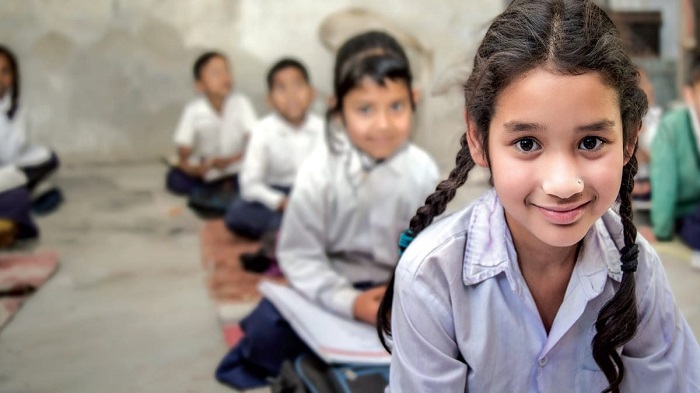
The 38% increase in the number of school-age children affected by school closures due to COVID-19 in November poses serious strains to the education and well-being of 90 million more students worldwide.
According to data collected by UNESCO, around 1 in 5 school-age children around the world, or nearly 350 million children, havetheir school closed as of 1 December. This results in an increase of almost 90 million children (232 million) out of school as of 1 November. The number of school-age children affected by school closures tripled when compared to the situation in October.
A recent worldwide study using data from 191 countries showed that there was no link between schools being open and community COVID-19 infection rates. Due to the scarcity of evidence that schools are contributing to increased contamination rates, UNICEF urges governments to prioritize reopening schools and take all necessary measures to ensure that the school environment is as safe as possible.
Plans for reopening schools should include the dissemination of tools such as distance education. This is especially important for marginalized groups. In addition, education systems need to be organized and built to be resistant to future crises.
The School Reopening Framework, prepared by UNICEF in partnership with UNESCO, UNHCR, WFP, and the World Bank, offers practical advice to national and local authorities. The directives focus on policy reform, funding needs, the safety of schools, remedial education, well-being, protection, and access to the most marginalized children.